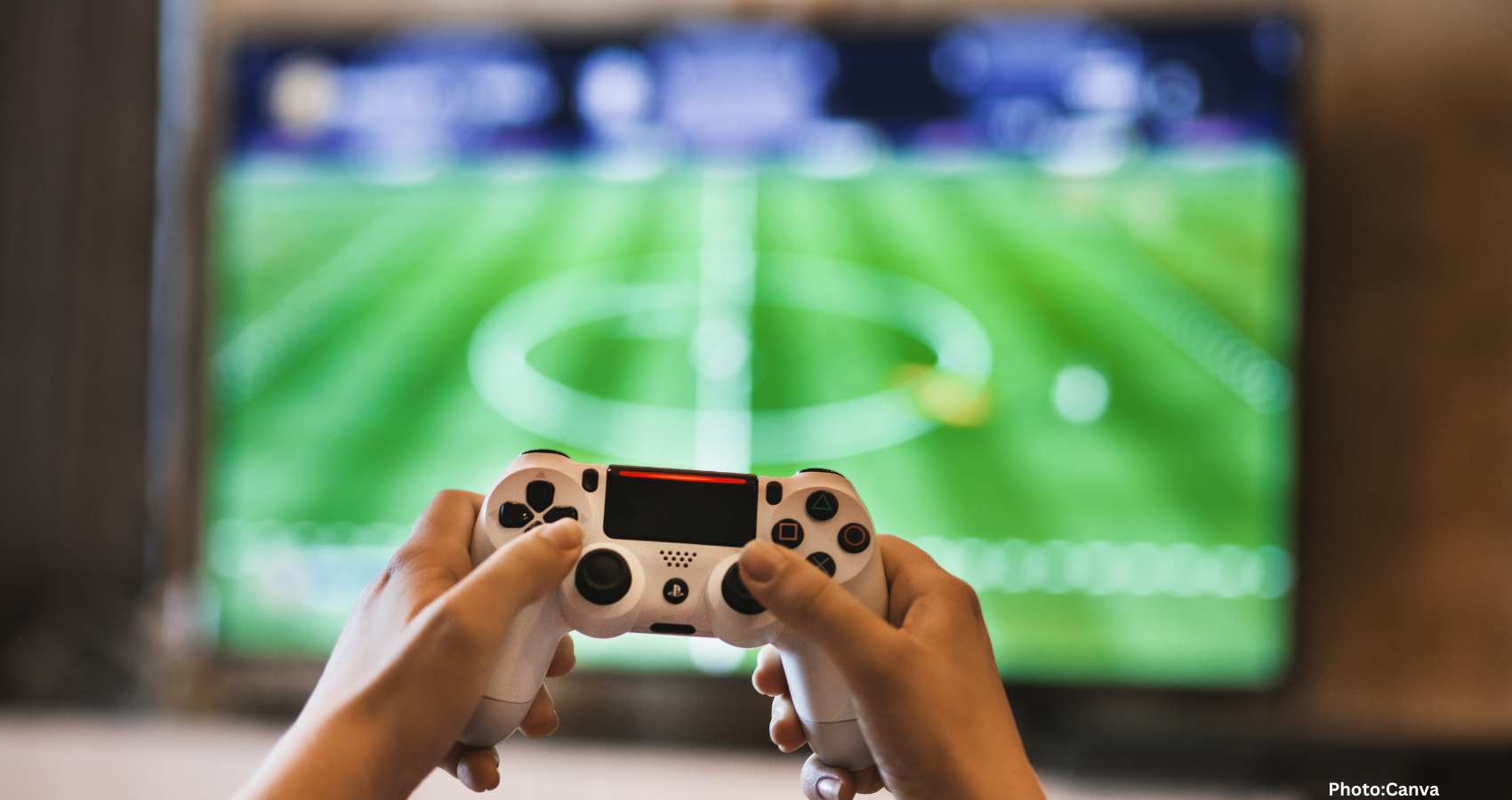New research indicates that the combination of synthetic cannabinoid use and gaming disorders may heighten the risk of severe psychotic symptoms, particularly among younger individuals.
Recent studies have drawn attention to the potential mental health risks associated with the combination of cannabis use and video gaming. While many may view smoking marijuana and playing video games as a relaxing pastime, research suggests that both activities are linked to psychosis, raising concerns about their impact on mental health.
During a segment on “America Reports,” Fox News’ Alexis McAdams highlighted data from the National Institutes of Health (NIH) indicating that young men who use marijuana are particularly vulnerable to developing psychotic disorders, such as schizophrenia. This information has been connected to recent violent incidents across the United States, including the mass shooting at Annunciation Catholic Church in Minneapolis. The shooter, Robin Westman, reportedly worked at a cannabis dispensary and frequently mentioned his marijuana use to friends.
Similarly, officials confirmed that Johsua Jahn, the shooter involved in the Dallas ICE incident, was a heavy cannabis user. Friends noted that he was “obsessed with sitting at home, smoking weed, and playing video games,” logging over 10,000 hours of gameplay, much of it in violent shooting games. Investigators also reported that Tyler Robinson, the suspect in the assassination of Charlie Kirk, had logged nearly 5,000 hours of solo gameplay before allegedly opening fire.
As discussions continue regarding the potential reclassification of marijuana as a Schedule III drug, emphasizing its medicinal benefits, the implications of cannabis and gaming on mental health remain a pressing concern.
A June 2023 study published in the journal *Psychopathology* explored the relationship between gaming disorders—characterized as addictive behavioral disorders—and psychotic disorders. The findings suggested that excessive gaming could trigger psychotic episodes in some individuals, particularly when their gaming habits are disrupted. However, researchers noted a significant gap in understanding how these two disorders interact.
Another study published in *BMC Psychiatry* in 2023 identified insomnia and cyberbullying as critical factors linking gaming and psychotic disorders. The researchers concluded that preventing sleep deprivation and addressing cyberbullying could reduce the risk of developing psychotic symptoms.
Further research published in *Frontiers in Psychiatry* in 2024 indicated that adolescents and young adults are more likely to engage in “problematic gaming” compared to adults. This demographic also exhibited similar psychiatric comorbidities, including autism, ADHD, and problematic gambling behaviors. Recent studies have underscored an increased risk of psychosis among certain cannabis users. An April study in *JAMA Psychiatry* found a correlation between cannabis use disorder and heightened dopamine activity in brain pathways associated with psychosis, suggesting a biological basis for the increased risk.
A September 2025 study published in the *Journal of Psychiatric Research* compared psychotic symptoms, dissociation, and alexithymia—difficulty in identifying and expressing emotions—among non-cannabis users, natural cannabis users, and synthetic cannabinoid users. The results revealed that synthetic cannabinoid users experienced more severe psychotic symptoms and dissociative symptoms, with limited improvement over time. In contrast, natural cannabis users showed some improvement in dissociative symptoms, while non-users exhibited higher negative symptoms that improved over a six-month period.
The researchers concluded that synthetic cannabinoids are linked to more severe and persistent psychotic symptoms and emotional dysregulation compared to natural cannabis. They emphasized the need for targeted interventions to address emotional regulation and salience processing in cases of cannabis-related psychosis.
Research indicates that both gaming and cannabis use have a more pronounced impact on the mental health of younger individuals. A 2022 NIH study found that general substance use among children under 17 years old posed a greater risk of psychotic-like experiences. The researchers advocated for early detection and intervention strategies for both substance use and psychotic-like experiences to mitigate long-term adverse outcomes.
In an interview with Fox News Digital, psychotherapist Jonathan Alpert noted that both marijuana use and excessive gaming can “tax the brain in similar ways.” He explained that cannabis has been linked to an increased risk of psychosis, particularly in younger individuals or those with a family history of mental illness. Excessive gaming can disrupt sleep patterns, increase social isolation, and create a cycle of stress and withdrawal.
Alpert warned that when these habits occur simultaneously, the risks can multiply. Poor sleep, altered brain chemistry, and a detachment from real-world coping skills can converge to heighten vulnerability to paranoia, distorted thinking, or even psychotic episodes. He emphasized that the lifestyle surrounding these habits—characterized by late nights, poor diet, lack of exercise, and limited face-to-face interaction—is often overlooked.
He concluded, “All of this compounds the strain on the brain. The result is a higher risk for psychosis and weakened overall mental health.” While not every gamer or cannabis user is at risk, the combination of these behaviors can create an unhealthy lifestyle that increases vulnerability to serious mental health consequences.
Source: Original article

